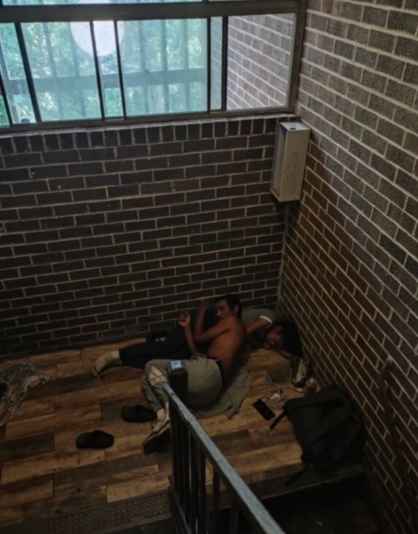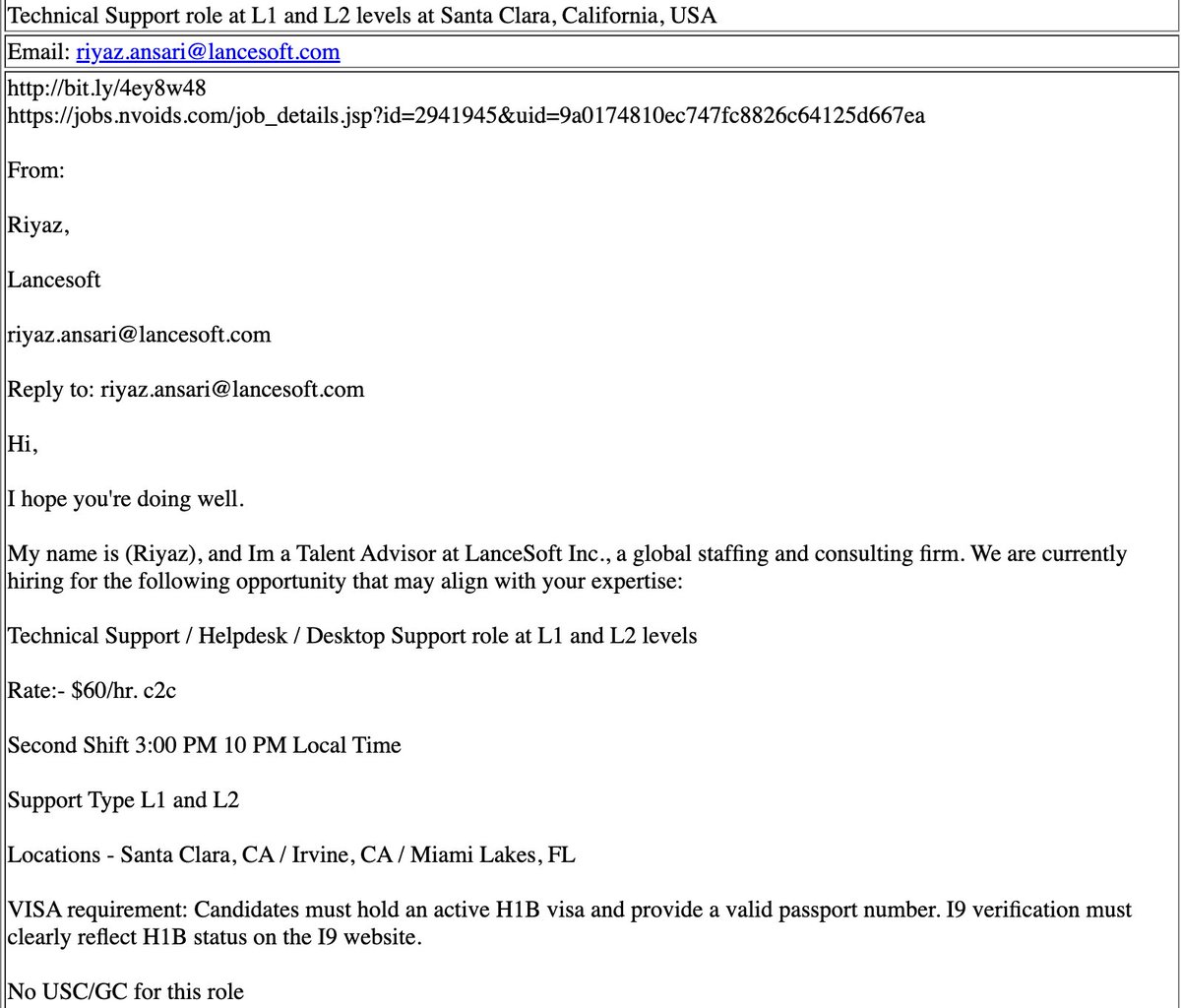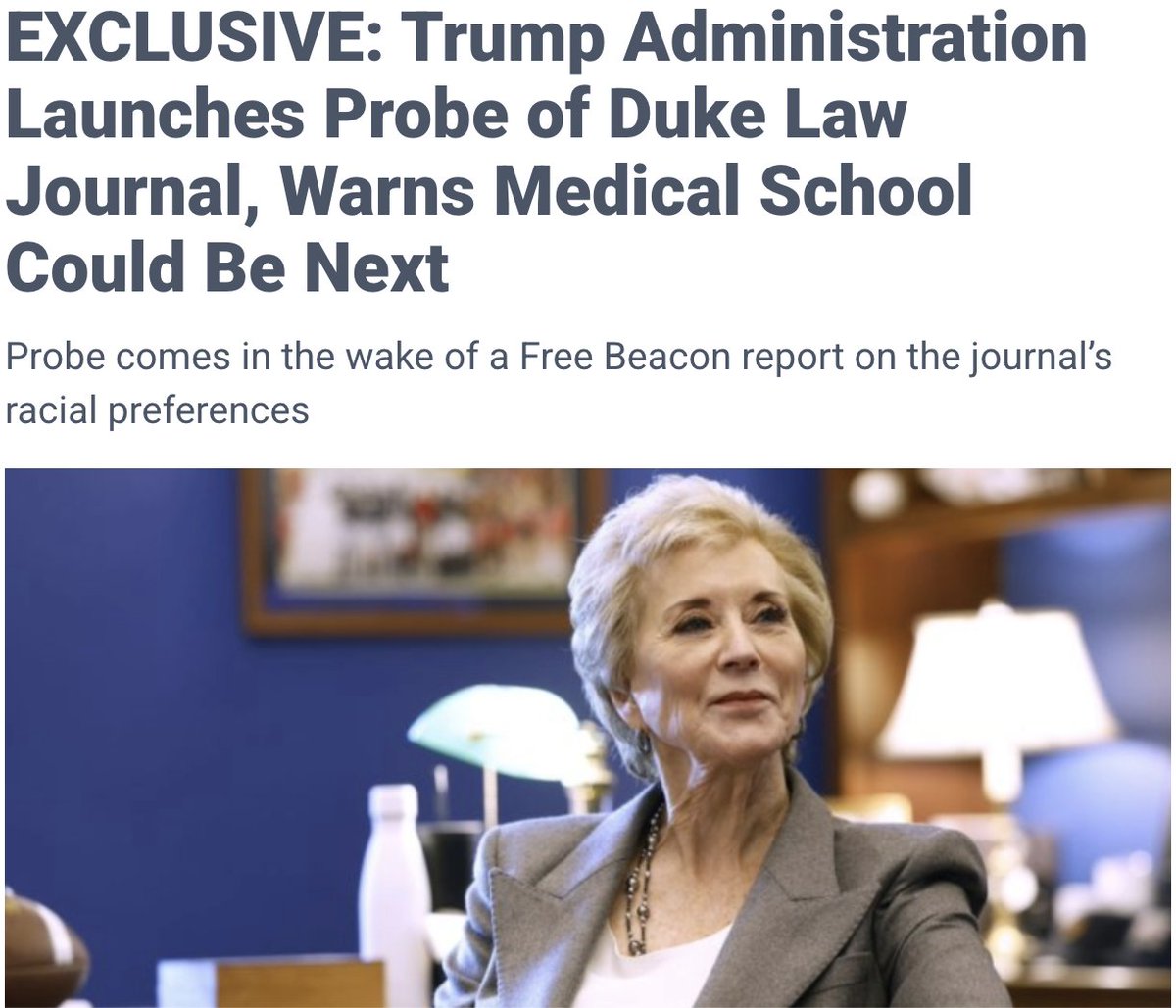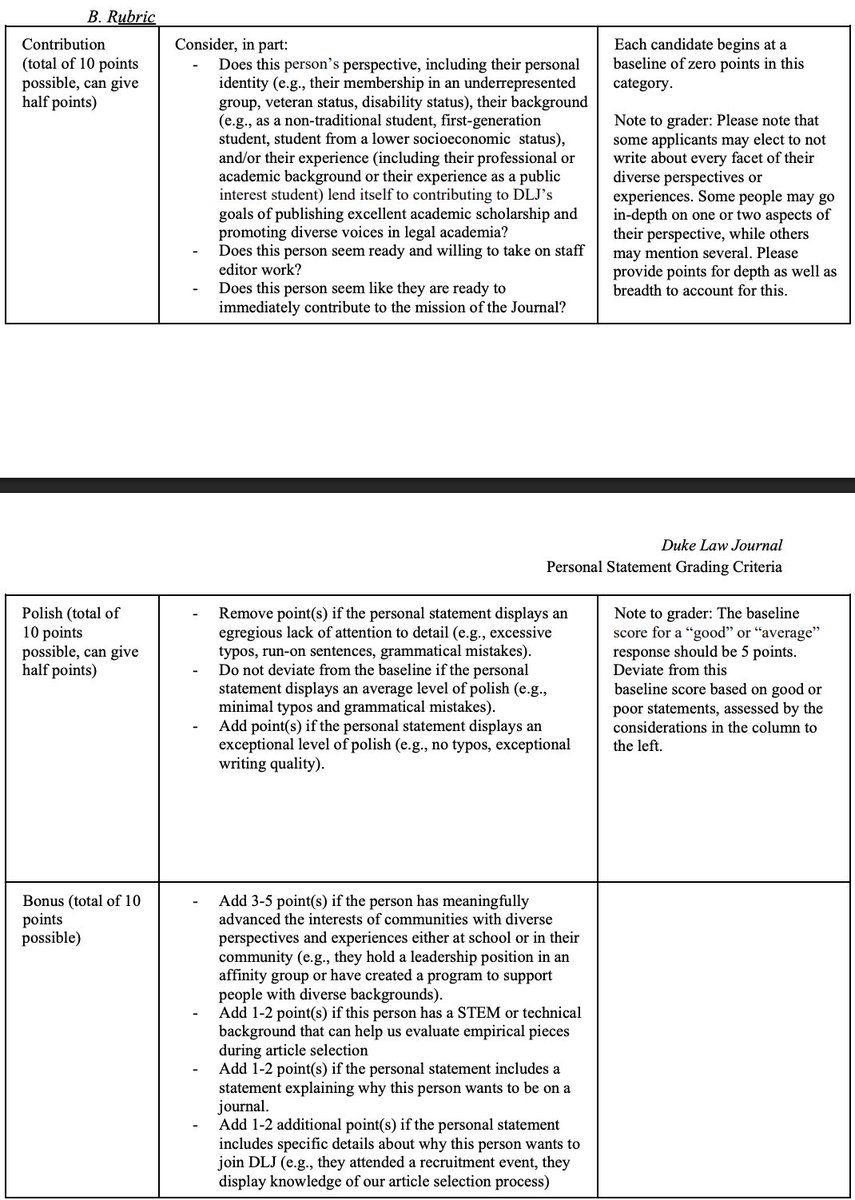We keep hearing that Ibram Kendi and Robin DiAngelo aren't REAL critical race theory, that the excesses of anti-racist education are separate from CRT.
Wrong.
You can trace all of Kendi and DiAngelo's ideas straight back to the seminal texts of CRT. freebeacon.com/culture/how-cr…
Wrong.
You can trace all of Kendi and DiAngelo's ideas straight back to the seminal texts of CRT. freebeacon.com/culture/how-cr…
There are indeed some differences between critical race theory and the new racial orthodoxy. But the main premises of that orthodoxy—all racial disparities are illegitimate, unconscious bias is everywhere, racist speech is violence—all stem from critical race theory.
CRT is essentially a synthesis of Kendi and DiAngelo. Though neither figure is a critical race theorist, each has helped to popularize CRT's underlying worldview, one in which structural and subconscious racism are intimately intertwined.
Critical race theorists did not develop this synthesis through Marxist theory, but through a revisionist reading of landmark civil rights cases, which they argued had been interpreted too conservatively.
By the mid-1970s, segregation was gone, but disparities in jobs, housing, and education persisted. The reason for this, critical race theory charged, was that civil rights law remained wedded to a colorblind ideal that made redressing racial inequality impossible.
As Alan David Freeman put it, courts had outlawed discrimination without eliminating "the conditions associated with it." They were too focused on remedying discrete acts of racism, rather than on improving the situation of African Americans. scholarship.law.umn.edu/cgi/viewconten… 

CRT thus urged courts to adopt a more outcome-oriented approach to civil rights. "Institutions or practices oppressive in their effects," Freeman wrote, should have to "justify themselves as legitimate." Also notice the dichotomy here: "victims" vs "perpetrators." 

Freeman pointed to Griggs v. Duke as a rare example of the Supreme Court taking that approach. In Griggs, the court forbade employers from using intelligence tests that disproportionately disqualified black applicants, unless they were "significantly related" to job performance. 

This argument assumed that the lion's share of racial disparities were rooted in racism, a position only slightly more moderate than Kendi's. Because "Black and Latinx children routinely get lower scores" on the SAT, Kendi has said, there must be "something wrong with the test." 

CRT's results-based reasoning posed a slippery slope of which its practitioners were well aware: Many race-neutral policies have a racially disparate impact of some kind; what was to stop courts from declaring much of modern government a civil rights violation?
Critical race theory's answer was implicit bias: Disparate impact was necessary but not sufficient for racism, CRT said; race-neutral policies were only racist if whites subconsciously supported them BECAUSE OF their disparate impact, which served to reinforce white dominance.
In effect, CRT used DiAngeloism as a limiting principle on Kendism. One benefit of focusing on "unconscious racial attitudes," Lawrence said, is that it "significantly decreases" the number of neutral policies threatened by anti-discrimination law. scholarspace.manoa.hawaii.edu/bitstream/1012… 

But because CRT sees those attitudes in most institutions, this limiting principle isn't very limiting. Lawrence himself says that messages of racial inferiority are "deeply ingrained in our culture," transmitted through the symbols, scripts, and stereotypes we take for granted. 

The ubiquity of these messages means that any race-neutral policy could theoretically be motivated by them, making all disparate impact inherently suspect. Far from preventing a slide from CRT to Kendi, unconscious bias just greases the slope.
The ubiquity of unconscious bias also justifies the therapeutic approach to "antiracism" associated with DiAngelo. If subconscious racism reinforced structural oppression, CRT reasoned, dismantling oppressive structures would require psychic intervention. 

"The illness of racism infects almost everyone," Lawrence wrote. "Acknowledging and understanding the malignancy are prerequisites to … an appropriate cure." This is precisely the premise of DiAngelo's white fragility workshops, which enjoin whites to confront their own racism. 

The idea that racism is an "illness" in need of a "cure" was on full display in the title of a recent talk at Yale Medical School: "The Psychopathic Problem of the White Mind." Consider the parallels between the talk and Lawrence's paper:
bariweiss.substack.com/p/the-psychopa…
bariweiss.substack.com/p/the-psychopa…

For CRT, one "cure" for racism was to censor words, ideas, and images that perpetuated racist attitudes, something Kendi has also proposed. Lawrence argued that the logic of Brown vs. Board justified such censorship. scholarship.law.duke.edu/cgi/viewconten… 

Brown held that segregation was unconstitutional because it stigmatized black students, "generating a feeling of inferiority as to their status." In other words, Lawrence said, "Brown held that segregated schools were unconstitutional because of the message segregation conveys."
Therefore, Lawrence concluded, "Brown may be read as regulating the content of racist speech." Kendi, who has argued for a constitutional amendment banning "racist ideas," would find much utility in such a reading. 

Some critical race theorists went so far as to conflate speech with violence. Remember when Seattle Public Schools talked about the "spirit murder" of black children? That term comes from Patricia Williams, who said racist speech was "as psychically obliterating as assault." 

Spirit murder, Williams said, ought to be considered a "capital moral offense."
repository.law.miami.edu/cgi/viewconten…
repository.law.miami.edu/cgi/viewconten…

Another critical race theorist, Richard Delgado, argued that the "psychological harm" of racial insults entitled their targets to monetary recompense. "Mere words," Delgado said, "can cause mental, emotional, or even physical harm to their target."
scholarship.law.ua.edu/cgi/viewconten…
scholarship.law.ua.edu/cgi/viewconten…

Why did CRT become so influential? Part of the answer may be that it left class largely out of the picture. CRT came onto the scene just as the Reagan revolution was beginning; by the time it had fully established itself, Bill Democrats were singing the virtues of free trade.
Civil rights maximalism, aimed at closing the gaps between blacks and whites, didn't threaten the basics of the economic order. Full-throated Marxism, aimed at closing the gaps between rich and poor, would have. (N.B: Delgado and Stefancic were quite supportive of globalization.) 

Ironically, the founders of CRT never expected to have much influence; they didn't think the white majority would allow it. Racial equality is "not a realistic goal" in a "perilously racist America," Derrick Bell wrote in 1992. blog.richmond.edu/criticalraceth… 

"Our actions are not likely to lead to transcendent change and, despite our best efforts, may be of more help to the system we despise than to the victims of that system we are trying to help." 

Bell's fatalism was understandable at the time, when critical race theory was confined to a few law school seminars. It is less understandable now, when critical race theory is defended by four-star generals, government officials, and massive teachers' unions.
Far from sneering at CRT's critique of colorblindness, white liberals have increasingly embraced it. And so have some white conservatives (well, Republicans), such as the governor of Vermont. 

Critical race theory seems poised to transform American institutions from within, something it confidently predicted would never happen. If it does happen, then CRT will have proven itself wrong.
• • •
Missing some Tweet in this thread? You can try to
force a refresh





















